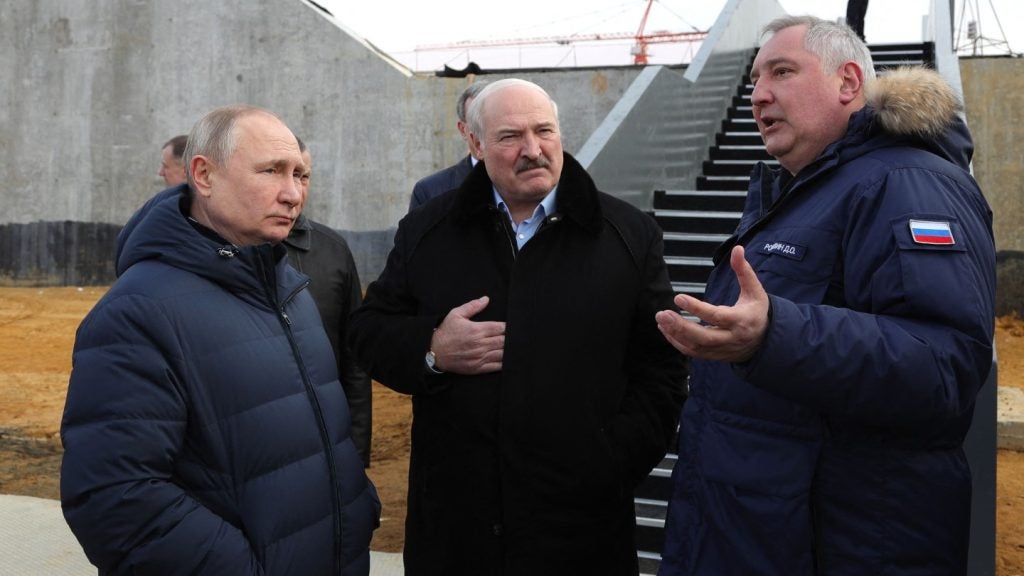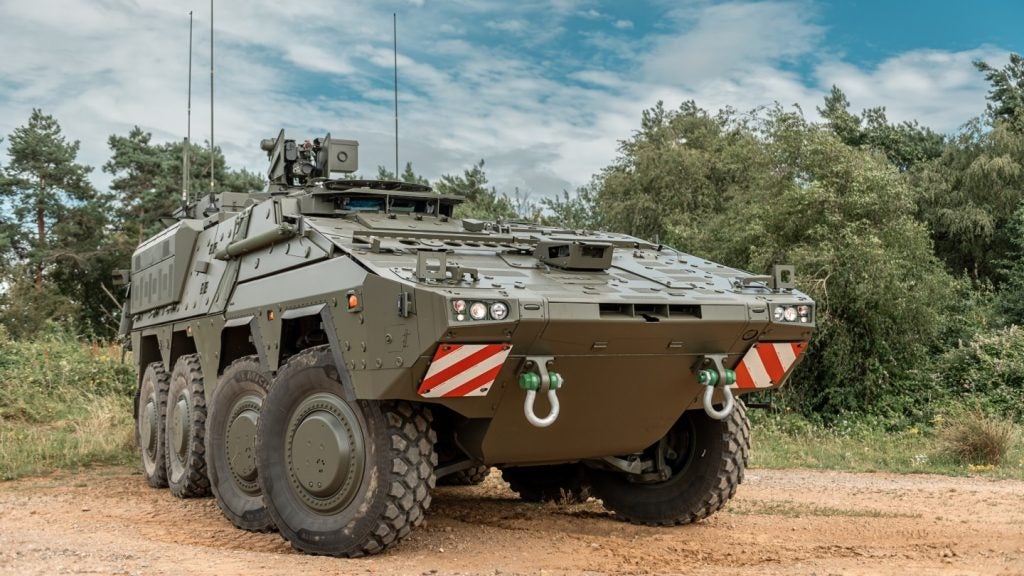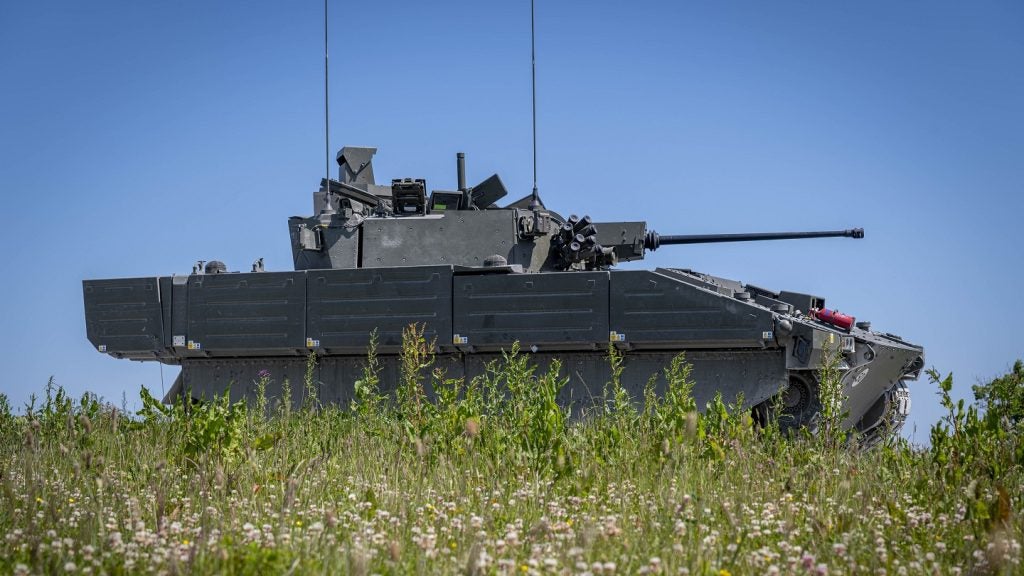
Ukrainian military officials have alleged that Russian forces are using SpaceX’s Starlink terminals in parts of occupied Ukraine, sparking questions over the relationship between the US DoD and Elon Musk’s aerospace company.
“The DoD is currently paying hundreds of millions of dollars for the Starlink terminals and services being used by Ukrainian forces,” says Tim Farrar, president at satellite research firm TMF Associates. “Assuming more funding passes Congress, the DoD presumably soon need to decide whether to extend that deal and on what terms.”
Both Musk and Moscow have denied the Ukrainian defence intelligence agency’s (GUR) claim that Russian use of Starlink has become “systemic”.
Kremlin spokesman Dmitry Peskov said: “This is not a certified system with us; accordingly, it cannot be officially supplied here and is not officially supplied,” according to reports by Reuters.
In its own statement, Starlink reiterated that it is “not active in Russia” but did not address the potential use of the system in areas of occupied Ukraine.
How could Russia have obtained Starlink terminals?
Starlink also emphasised that it “does not operate in Dubai” amid widespread assertions from Russian sources and media outlets that the United Arab Emirates acted as the third party in the Kremlin’s procurement of Starlink terminals.
Musk and Starlink’s denials have been “quite ambiguous and vague”, according to James Marques, defence analyst at GlobalData.
“Russia would be likely to use the same methods it does to continue acquiring western tech components like semiconductors to get the Starlink terminals,” he says. “Its intelligence services use a variety of shell companies and middle men to purchase and transport these items across the Russian border via difficult-to-monitor locations in the Caucasus and Central Asia.”
Pinpointing the exact location of Starlink terminal use along the Russia-Ukraine war is complex as small shifts in the frontline take place.
“If Russia is using them very close to frontlines it may be difficult or even impossible to triangulate specific terminals and differentiate between Russian and Ukrainian users,” Marques adds.
Starlink’s map of authorised countries has also previously been proven to not necessarily match the areas where its service is available.
With millions of Starlink terminals sold each year, it is unsurprising that some may end up used for illicit or illegal purposes.
Starlink is, for example, used “by dissidents in Iran with the consent of the US government”, Farrar tells Army Technology.
It has also become a valuable tool for illegal miners in Brazil, where it has been used extensively for coordinating logistics, making payments and receiving advanced warning of federal agents’ raids in the Amazon rainforest.
How will SpaceX and US DoD relations be affected?
“The most important ramification would be whether this affects SpaceX’s relationship with the DoD,” according to Farrar.
SpaceX’s integral involvement with almost all NASA space programmes gives Musk influence in US military and aerospace circles – but the dynamic shifts in relation to Ukraine.
Musk ‘gifted’ Starlink terminals to Ukraine to assist with military communications until October 2022, when he said SpaceX could no longer pay for it.
The DoD stepped in, purchasing 1,330 additional terminals from SpaceX to send to Ukraine on top of the 3,670 terminals SpaceX donated.
“In theory, this leaves the DoD with a lot of leverage over Musk, but it seems slow – or reticent – to use it,” Marques tells Army Technology.

Potentially fraught relations between SpaceX and the DoD will be welcomed by the Kremlin.
Dmitry Rogozin, former chief of Russia’s Roscosmos space agency, accused SpaceX of acting as an arm of the Pentagon when Musk sent high-speed Starlink terminals to Irpin, following Russian missile attacks which wiped out the Ukrainian city’s internet connection.
Geopolitics author Tim Marshall questions whether this direct overlap between the US’ commercial and military branches in a wartime situation could have seen harsher backlash on SpaceX.
“Could Russia have legitimately attacked Starlink satellites? After all, it was being used as part of the process to kill Russian soldiers,” Marshall writes in The Future of Geography. “You could argue that SpaceX was a third party from a country that was fighting a proxy war.”
What are the consequences for Ukraine?
While SpaceX has distributed more than 10,000 high-speed Starlink satellites across Ukraine, GUR military leaders have criticised Musk’s decision to block Starlink availability in Russian-occupied territories of Ukraine, namely Crimea.
Starlink terminals have been crucial for the Ukrainian military’s battlefield communications since Russia’s invasion nearly two years ago.
“Any active terminals on the frontlines would presumably be used by Russian troops in a similar way to the Ukrainian forces – to call in artillery or coordinate drone strikes,” says Farrar. “Whether the terminals would work depends on the location of use and what actions Starlink takes to restrict usage in the conflict area.”
Ukraine’s war effort will face a serious test should Russia be able to match Ukraine’s method of encrypted communications, or even access Kyiv’s electronic strategies.
“Russia would use Starlink satellites for fast, high quality and secure communications,” Marques adds. “Starlink is currently very difficult to jam or eavesdrop on. It would weaken Ukraine’s electronic warfare.
All eyes now turn to the Russia-Ukraine frontline, where any use of Starlink terminals will be closely scrutinised by the DoD, SpaceX and Ukrainian intelligence agencies.







